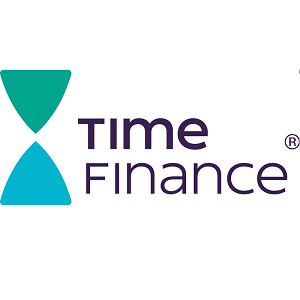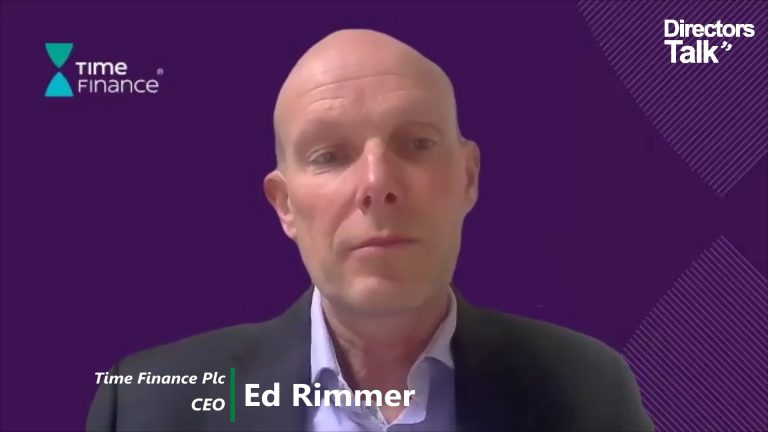Profitability can often mask real cash strain, and the difference is more than academic. A firm may look strong on paper yet have revenues tied up in unpaid invoices or excess stock, leaving bank balances worryingly low. Seasoned management teams treat the cashflow statement not as optional but as essential, using it in tandem with profit and loss reporting to reveal true liquidity.
Invoicing and collections may seem routine, but delays here are a leading source of pressure. SMEs commonly invoice late, because they are stretched, because billing is postponed, and then fail to follow through on chasing payments. This deferred cash can throw planning off course. Setting strict, transparent payment terms, billing promptly and following up rigorously become priorities. Additionally, options such as invoice finance can convert unpaid invoices into usable capital and remove administrative burdens.
Forecasting growth is vital, yet overly optimistic projections are perilous. When expectations outpace reality, businesses tend to overspend, commit to hires or capital expenditure prematurely, or carry excessive inventory. A more conservative approach serves better: model budgets with slack for slower periods, stress-test assumptions, and ensure working capital is preserved rather than stretched to the limit.
Disruption is no longer an outlier but a feature of the business landscape. Changes in regulation, supply chain shocks, pandemics or sudden shifts in demand can upend assumptions. Preparedness pays: build reserves, avoid draining cash reserves when possible, and when making necessary major purchases (like machinery or vehicles), consider finance arrangements that spread costs rather than paying wholly upfront. Such discipline can make the difference between riding out downturns and being forced into distress.
Finally, lacking a reliable forecast is akin to sailing blind. Without a rolling, updated 12-month cashflow forecast, SMEs cannot see upcoming gaps or surpluses, nor can they plan strategic moves such as hiring, entering new markets or making capital expenditure with confidence.
Time Finance plc (LON:TIME) is an AIM-listed business specialising in the provision or arrangement of funding solutions to UK businesses seeking to access the finance they need to realise their growth plans. Time Finance can fund businesses or arrange funding with their trusted partners through Asset Finance, Invoice Finance, Business Loans, Vehicle Finance or Asset Based Lending.








































